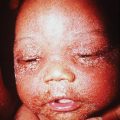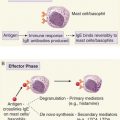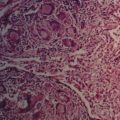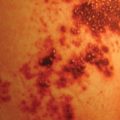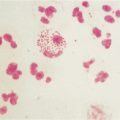CASE 50
MG, a 50-year-old mother of two, was recently diagnosed with breast cancer. Despite favorable histology and hormone receptor typing of the tumor, indicating a projected good response to taxol and other chemotherapy, and lack of any nodal involvement, she has had trouble coming to grips with the diagnosis. She has been referred to the psychiatric service for treatment of depression. In addition, recent blood work at the hospital, along with some functional studies, suggests a subtle impairment in immune functioning, which her general practitioner is concerned might impact on longer-term prognosis. What are your concerns? What is the evidence that MG’s mental state might influence her disease? What might be done to address this issue?
QUESTIONS FOR GROUP DISCUSSION
1. There is a wealth of data indicating a link between clinical depression and immune function. What psychological factors have been identified as contributing to diminished survival in cancer patients?
2. Given the relationship identified in question 1, what adjunctive therapy would you recommend be used along with the primary treatment?
3. Assuming that you arrange for psychological counseling as adjunctive therapy for your patient, how would you monitor progression of treatment and its impact on disease progression? Is this the primary interceding variable between disease progression and mental state?
4. A recent trial has assessed evidence that adrenergic- and/or endorphin-mediated signals might be variables of importance in immunosuppression after cancer surgery. As such, what pharmacologic intervention would you recommend to improve immune functioning?
